
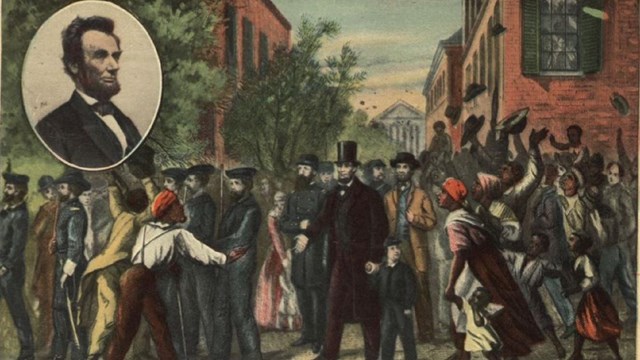
Abraham Lincoln Visits Richmond
On April 4, 1865, President Abraham Lincoln visited the former Confederate capital. 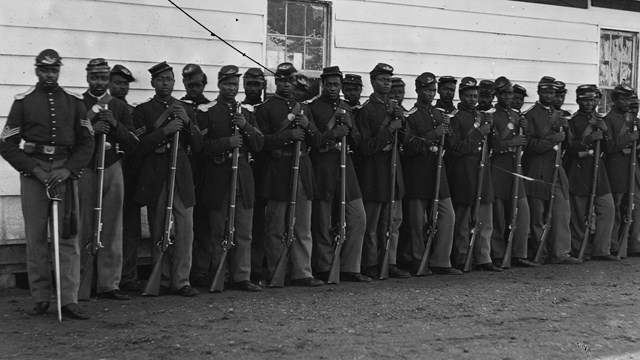
USCTs at New Market Heights
On September 29, 1864, African American soldiers of the United States Colored Troops attacked Confederate defenses at New Market Heights. 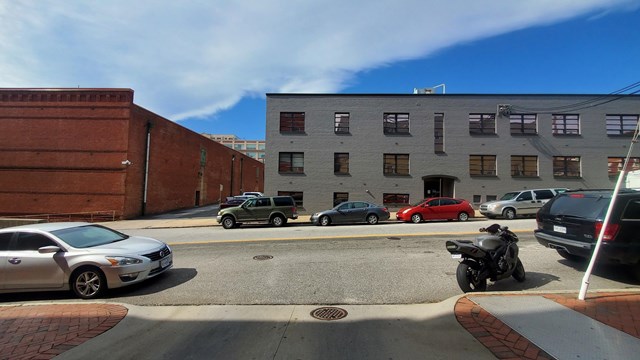
Arming the Enslaved? March 13, 1865
In a last ditch effort, Confederates authorized arming two companies of enslaved African Americans in the closing weeks of the war. 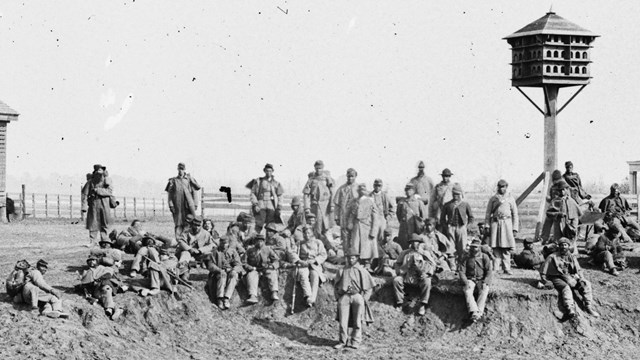
Prisoner Exchanges Halted
On April 17, 1864, Ulysses Grant continued a policy of halting POW exchanges unless African American soldiers were treated equally. 
Robert E. Lee Resigns
On April 20, 1861, Robert E. Lee resigned from the U.S. Army and became the only prewar Virginian colonel to serve in the Confederacy. 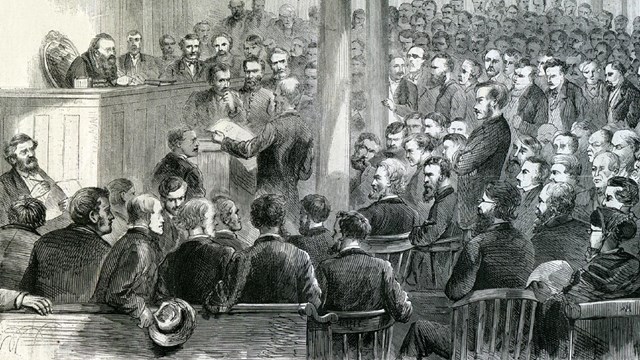
The Trial of Jefferson Davis Cancelled
On February 15, 1869, federal prosecutors decided to end the attempt to prosecute Jefferson Davis for treason. An Introduction to the 1862 Peninsula Campaign |
Last updated: October 11, 2024
